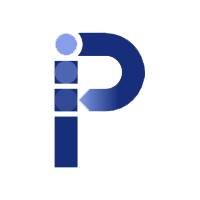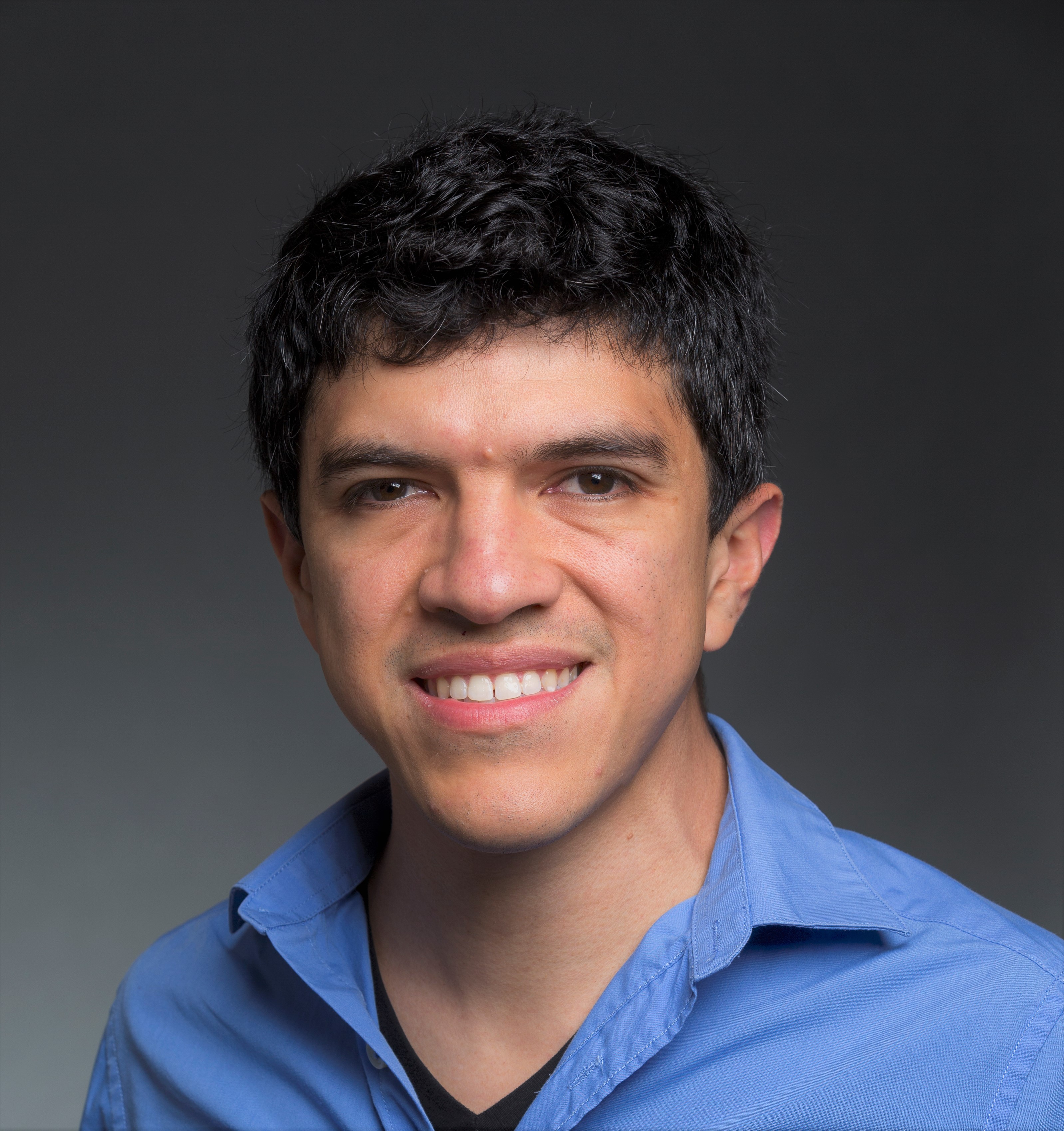
|
10th International Workshop on Approaches and Applications of Inductive Programming, IP2020-21 @ IJCLR |
AAIP Invited Speaker
TUE Sept. 26, 16:00

Armando Solar-Lezama
Computer Science & Artificial Intelligence Laboratory, MIT
Title: Neurosymbolic Reasoning for Better Learning
Bio: Prof. Armando Solar-Lezama is a Professor at MIT, where he leads the Computer Assisted Programming group and is also Associate Director and COO of the Computer Science and Artificial Intelligence Lab (CSAIL). He also leads the NSF funded Expeditions in Computing Project “Understanding the World Through Code”, which aims to develop neurosimbolic learning techniques for the purpose of accelerating scientific discovery.
AAIP program
Call for Papers
We invite theoretical and applied submissions, as well as reports of latest and ongoing research, on all areas related to Inductive Programming. Topics of interest include, but are not limited to:
- Inductive methods for program synthesis.
- End-user programming.
- Example-driven programming.
- Schema-guided program induction.
- Probabilistic programming.
- IP as surrogate models for deep learning.
- Human-like rule learning.
- Explanation generation from IP-learned rule sets.
- Comparing IP approaches with other rule-learning approaches.
- Combining logic and functional program induction.
- IP applications.
Program Committee Chairs
Program Committee Members
Javier Segovia-Aguas, (Universitat Pompeu Fabra, Barcelona, Spain)
François Chollet (Google, Mountain View, CA)
Andrew Cropper (University of Oxford, GB)
Richard Evans (Google DeepMind – London, GB)
Johannes Fürnkranz (TU Darmstadt, DE)
José Hernández-Orallo (Technical University of Valencia, ES)
Susumu Katayama University of Miyazaki, Japan)
Tomáš Kliegr (University of Economics – Prague, CZ)
Alex Polozov (Microsoft Corporation – Redmond, US)
Luc De Raedt (KU Leuven, BE)
Stephen H. Muggleton (Imperial College London, GB)
Rishabh Singh (Microsoft Research – Redmond, US)
Armando Solar-Lezama (MIT – Cambridge, US)
Ruzica Piskac (Yale University – New Haven, US)
Harald Ruess (fortiss GmbH – München, DE)
Paper Submission
Researchers and practitioners are invited to submit original papers that have not been submitted for review or published elsewhere. Submitted papers must be written in English, should be formatted using single column and 11pt font, and should not exceed 8 pages in the case of research and experience papers, or 4 pages in the case of position papers (including figures, bibliography and appendices). All submitted papers will be judged based on their relevance, originality, significance, technical quality and organisation.
Submissions will be handled by EasyChair. To submit a paper, authors are invited to follow the submission link and select the AAIP track.
Publication
All accepted papers will be published by CEUR and are expected to be presented at the workshop.
Journal Track
Authors are invited to submit high-quality work at IJCLR’s journal track on Learning & Reasoning, supported by the Machine Learning Journal. The upcoming cut-off date for the journal track is June 1 2021. Accepted papers will be presented to IJCLR 2021 and published at the Machine Learning Journal special issue on Learning & Reasoning. More details, including formatting and submission guidelines, may be found here.
Important dates
- Deadline for paper submission:
June 30 2021July 7 2021 (extended) - Notification of paper acceptance: August 2021
- Camera-ready due: September 2021
- AAIP Workshop: October 25-27 2021
The deadline on each of these dates is midnight, Central European Summer Time (UTC + 2)
Previous Workshops
AAIP 2021 Dagstuhl Seminar 21192, Germany
AAIP 2019 Dagstuhl Seminar 19202, Germany
AAIP 2017 Dagstuhl Seminar 17382, Germany
AAIP 2015 Dagstuhl Seminar 15442, Germany
AAIP 2013 Dagstuhl Seminar 13502, Germany
AAIP 2011 co-located with PPDP 2011 and LOPSTR 2011, Odense, Denmark
AAIP 2009 at ICFP 2009 in Edinburgh, Scotland
AAIP 2007 at ECML 2007 in Warsaw, Poland
AAIP 2005 at ICML 2005 in Bonn, Germany